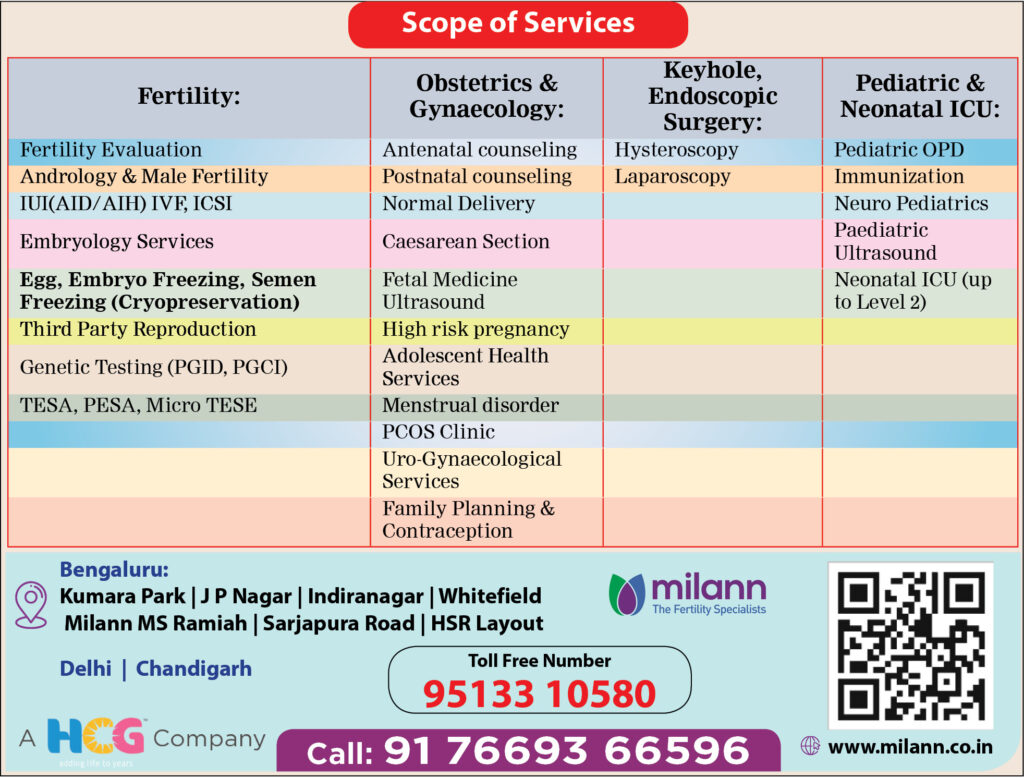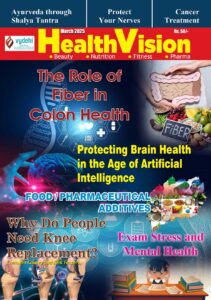In this article, we will explore the connections between lifestyle and infertility, shedding light on how certain habits can either support or hinder one’s ability to conceive.


Infertility, the inability to conceive after a year of unprotected intercourse, is a growing concern worldwide. Lifestyle factors can significantly impact fertility, affecting both men and women. The choices we make regarding diet, exercise, stress management, and more, can play a pivotal role in our reproductive health.
Lifestyle factors that can affect fertility include-
1) Weight: Both being underweight and overweight can impact fertility. Maintaining a healthy weight through balanced diet and regular exercise can help improve fertility.
2) Diet and Nutrition: Diet plays a vital role in fertility. Obesity, often resulting from poor dietary choices, can lead to hormonal imbalances that affect ovulation and sperm production. Foods high in sugar, refined carbohydrates may lead to insulin resistance, which can affect fertility. Also, packaged food and beverages with preservatives, alcohol, aerated drinks can affect fertility in both men and women.
3) Smoking, Alcohol, and substance abuse: Smoking has been linked to reduced fertility in both men and women, causing DNA damage to eggs and sperms.
In men smoking can cause decreased sperm count and motility, and is also a risk factor for erectile dysfunction.
In women, smoking can lead to decreased ovarian reserve and poor egg quality. It also increases the risk of miscarriage and ectopic pregnancy (implantation of the embryo outside the uterus- can be in the fallopian tubes or ovary).
Excessive alcohol consumption can lower testosterone levels, affect sperm production, and impair sexual function. In women, excessive alcohol consumption can disrupt menstrual cycle and interfere with ovulation.
Drug use can impair reproductive function and decrease the chances of successful conception.
4) Stress and Mental health: High levels of stress may lead to irregular menstrual cycles and anovulation- that is- hormonal imbalance leading to inability of the ovary to grow and release an egg every month.
Stress also impacts the sperm production and quality of sperms in males.
In general, stress can disrupt hormonal balance in both men and women, leading to reduced sexual desire, issues with sperm production and ovulatory dysfunction.


5) Physical activity: Sedentary lifestyles can negatively impact fertility. At the same time, excessive intense exercise might negatively impact fertility by disrupting menstrual cycles in women, and lowering sperm quality in men. Intense exercise can lead to elevated scrotal temperatures, potentially harming sperm production. In women, intense exercise with low body fat levels can lead to amenorrhoea (absence of menstruation). Therefore, moderation is the key.
6) Sleep Patterns: Poor sleep quality and inadequate sleep can affect hormone production and menstrual cycle regularity.
7) Environmental factors: Exposure to certain environmental toxins and pollutants can affect fertility.
Prolonged exposure to certain chemicals like pesticides, heavy metals, and endocrine disrupting chemicals (EDCs) can harm fertility.
Exposure to excessive heat, such as from saunas, hot tubs, or tight underwear, can raise scrotal temperature, which can negatively affect sperm production. Exposure to ionising radiation like X rays impact fertility.
Age, though not an environmental factor, requires special mention, as it has been researched extensively. Female age impacts egg quality, and studies have shown that after about 33-35 years of age, egg numbers and egg quality drops significantly. Hence, women should plan pregnancy earlier, or at least freeze their eggs, which can be used later to achieve a pregnancy.
Living in areas with high pollution levels may impact fertility. Try to minimize exposure by using air purifiers.


Dr. Vandana Ramanathan
Consultant – Reproductive Medicine
Milann Fertility Centre











